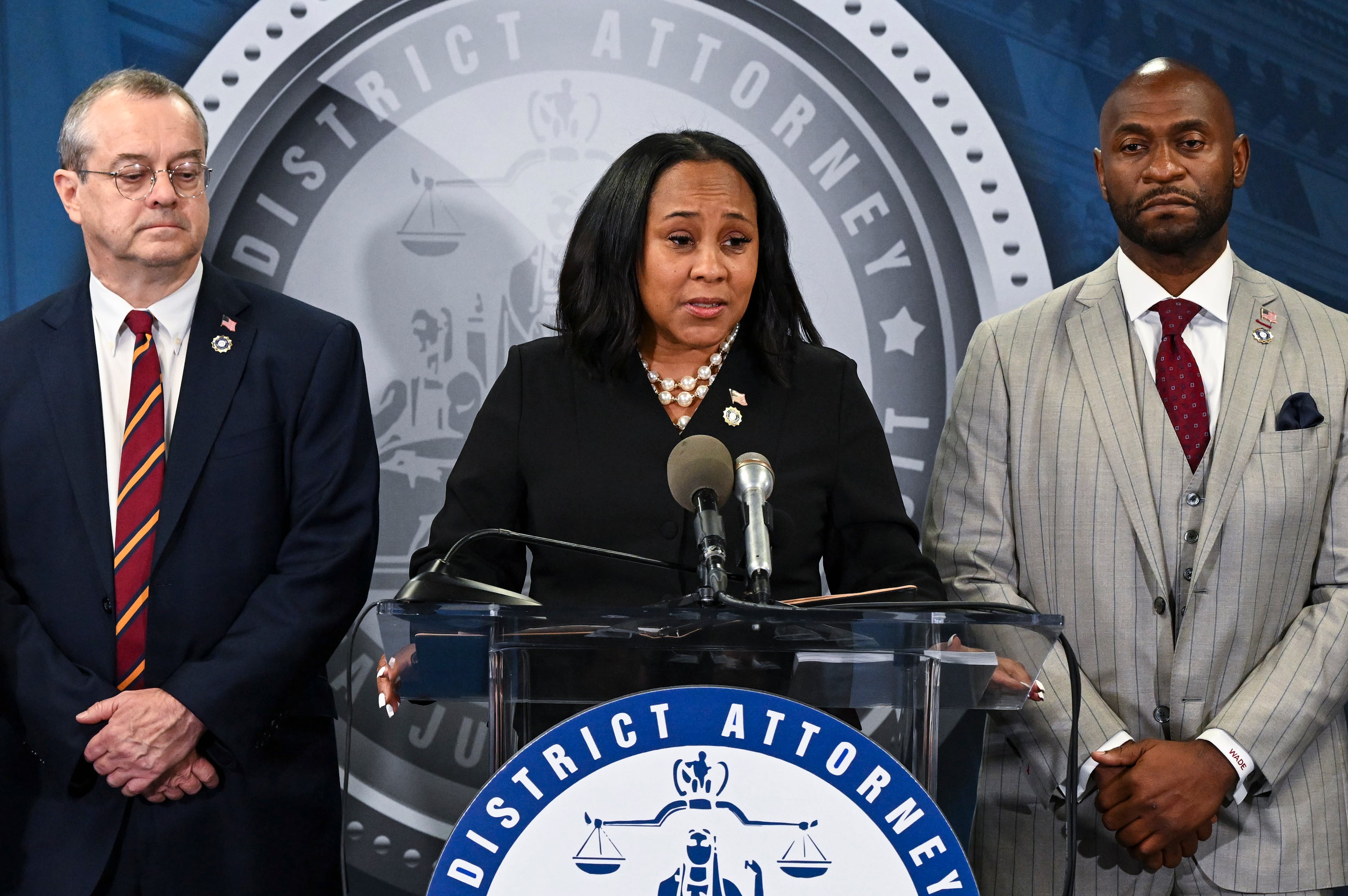France’s new prime minister faces a bumpy ride with budget challenges and nationwide strikes ahead

PARIS (AP) — A ballooning deficit. A fractious Parliament. Unrest on the streets. The challenges facing Sébastien Lecornu, France’s fourth prime minister in a year, are daunting and defeated his immediate predecessors.
So he’s trying a different tack. To ease tensions, Lecornu has scrapped proposals to axe two public holidays and trimmed lifetime benefits for former government ministers. A loyal ally to unpopular centrist President Emmanuel Macron, he began meeting with opposition leaders and trade unions this week.
But pitfalls lie ahead. Opponents aim to turn up the heat yet further on Thursday with nationwide strikes and protests against budget cuts and other complaints targeting Lecornu’s fragile minority government.
French politics have been in turmoil since Macron called early parliamentary elections in June last year which resulted in a deeply fragmented legislature.
One major challenge looms: addressing France’s budget crisis, a deeply divisive issue in Parliament.
Symbolic, popular first moves
Lecornu’s first big move has been to dismiss the idea of cutting two public holidays, championed by his immediate predecessor, whose government fell earlier this month. François Bayrou had stirred public anger with his plan to scrap the Easter Monday and Victory Day (May 8) holidays, a move he said was needed to boost the economy.
Lecornu vowed to find “to find other sources of financing” instead.
He also announced this week that lifetime benefits for former government members will be eliminated, starting from Jan. 1st.
For former prime ministers, the benefits include police protection, along with a car and driver paid for by the state. Protection will be capped at three years and only extended for security reasons, while the car will be reduced to a period of 10 years. This is estimated to save about 4.4 million euros ($5.21 million) per year.
Strikes and protests Thursday
Trade unions have called for nationwide strikes and protests on Thursday, scheduled before the change of prime minister, to push back on what they see as austerity policies.
Unions reject cuts in social spending, arguing French workers have been deeply affected by rising prices in recent years. They also continue to protest against Macron’s pension reform that raised the minimum retirement age from 62 to 64.
Thursday’s strikes are expected to prompt disruption in sectors like transport, public services, hospitals and schools. They may sound a stark warning for Lecornu.
Last week, thousands of protesters rallied across France last week for a day of nationwide action against Macron’s policies under the slogan “Block Everything.”
Mathieu Gallard, account director at Ipsos France polling institute, says a series of opinion polls show French voters’ main concerns focus on their declining purchasing power and the deterioration of once-generous social benefits, including health care, pensions and public services.
“The political situation gives the French the feeling leaders are not able to remedy the situation due to that instability,” Gallard told The Associated Press.
Lecornu’s method
On the day he took office, Lecornu, 39, vowed to be both “more creative” and “more serious” in the way his government will work with opposition parties.
Lecornu, who started his political career in his 20s as a local official in the Normandy region, is described by his longtime friends as a somewhat old-school politician. They say he is is by nature discreet and methodical but also very persuasive — qualities that could help him in his quest to ease political tensions.
“There’s a Lecornu method,” said François Ouzilleau, mayor of Vernon in Normandy, where they made their first forays into politics together. “I think he’ll manage to find comprises … He has a manner of doing things in the right order, with methodology.”
“People criticize his closeness with and loyalty to the president. But I think that’s a strength. It’s better when the executive twosome functions well together. And that doesn’t mean that Sébastien has no character, no personality, no freedom,” Ouzilleau said in an Associated Press telephone interview.
“He’s a guy with incredible flair. He is good at sniffing things out, sniffing out people, sniffing out situations, sniffing out subjects. He’s like a truffle-hunting dog."
Tough budget debate ahead
France’s previous government fell over plans to cut 44 billion euros ($51 billion) in public spending, meant to rein in debt of the European Union’s second-largest economy. Last week, the Fitch rating agency downgraded France’s credit rating, anticipating that the country’s debt ratio “will continue to rise."
Lecornu has not yet set out his own strategy.
He met Wednesday with Socialist leader Olivier Faure in an effort to negotiate a parliamentary non-aggression pact that would help prevent the fall of his government in a no-confidence vote.
The Socialists are pushing for a tax on the super-rich as proposed by French economist Gabriel Zucman. French media reported Lecornu may be open to increase the taxes on the wealthiest, but in a downsized version.
Meanwhile, Lecornu must also take care of his conservative allies, The Republicans, who reject any general tax rise.
Marine Le Pen, leader of the far-right National Rally party, predicted Lecornu's failure and urged Macron to call new legislative elections to break the deadlock.
"The level of pessimism is massive in France," Gallard said, arguing opinion polls show a vast majority of French voters don't believe in the new prime minister's ability to negotiate with opposition parties and pass a budget.
"When you ask the French about the economic situation of the country, 9% consider it’s good ... way lower compared to France’s neighbors in southern Europe, Italians and Spanish who are around 30%,” he said.
___
AP journalist John Leicester, in Paris, contributed to the story.
More Stories
The Latest

